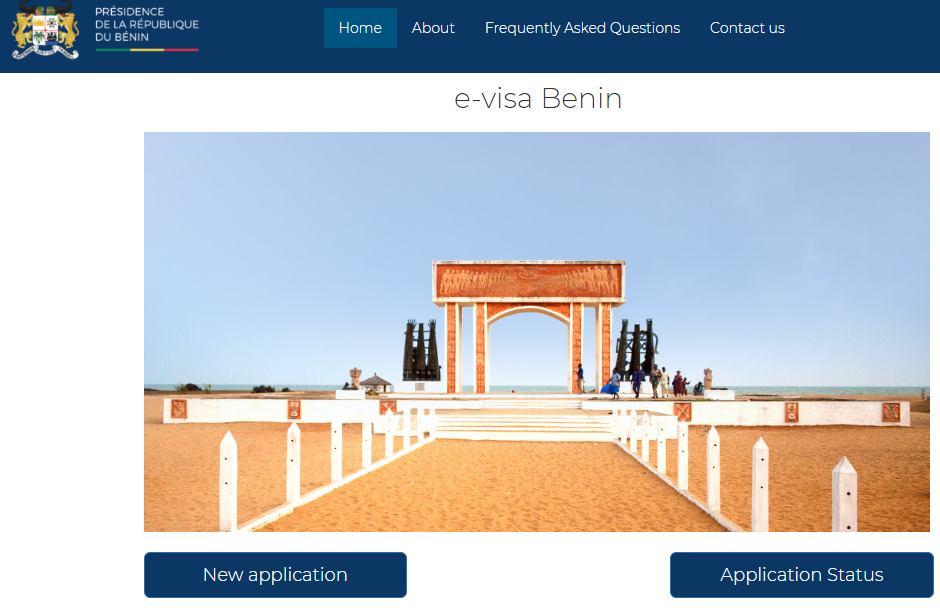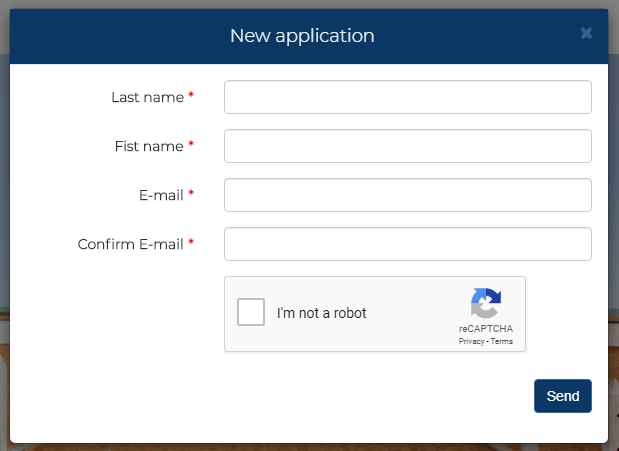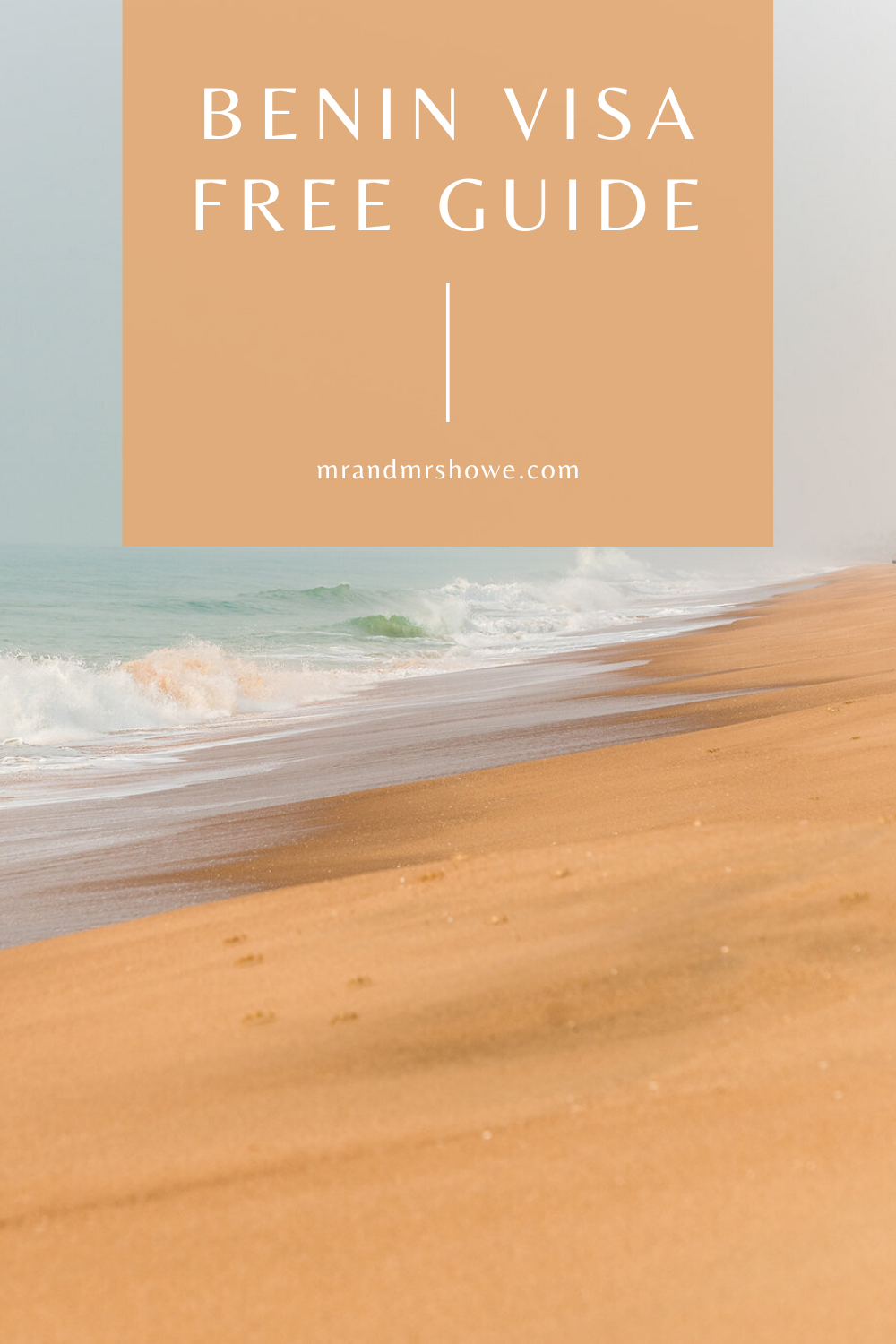Benin Visa Free Guide - How Filipinos Can Enter Visa Free to Benin in Africa
Benin is the birthplace of voodoo and home to the Dahomey Kingdom. This French-speaking country is known to be peaceful and safe. Befriend the people, and you might get the bad spirits go away from you. This country full of colorful culture and history should be in your bucket list.
Philippine Passport Holders can enter Benin a get a Visa on Arrival or get a Benin eVisa Online. However, Africans are visa-exempt while other nationalities have the same procedure as Philippine Passport Holders. A visa guide and an overview of Benin are also included in this article. Enjoy!
Visa Free Countries
The following Nationalities with ordinary passports are not subject to the visa requirements and can enter Benin for 90 days:
Algeria
Angola
Botswana
Burkina-Faso
Burundi
Cameroon
Cape Verde
Central African Republic
Chad
Comoros
Congo
Congo (Democratic Republic)
Cote d’Ivoire
Djibouti
Egypt
Equatorial Guinea
Eritrea
Eswatini
Ethiopia
Gabon
Gambia
Ghana
Guinea
Guinea-Bissau
Haiti
Kenya
Lesotho
Liberia
Libya
Madagascar
Malawi
Mali
Mauritania
Mauritius
Morocco
Mozambique
Namibia
Niger
Nigeria
Rwanda
Sao Tome and Principe
Senegal
Seychelles
Sierra Leone
Singapore
Somalia
South Africa
South Sudan
Sudan
Tanzania
Togo
Tunisia
Uganda
Zambia
Zimbabwe
Hong Kong (14 days)
Tourist Visa on Arrival
Available to: All Nationalities
Where to get: At the border or airport
Validity: 8 days
Cost: CFA 10,000
Requirements:
Valid Passport
Copy of Bio-page
Yellow Fever Vaccination Certificate
Hotel Booking
Photo
EVisa for Benin
All nationalities can get an EVisa for Benin
Benin EVisa Fee
30 days, Single-Entry - EURO 50
30 days, Multiple-Entry - EURO 75
90 days, Multiple-Entry - EURO 100
Step-by-Step Guide of Benin EVisa
STEP 1: Go to this website.
1. Click “New Application”.
2. Enter your details. Check your e-mail for the confirmation. Click the link there to continue your application.
3. Enter your details until you are done.
For Visa Data
Demand in Embassy - Choose “NO
For Travel Data
What are your means of subsistence - You can describe how you get your funds e.g. “I have a business”, “I own a company”, “I work as a …”
Return Guarantee - You can say “I have a return flight,” “I am exiting at …”
4. Review your application.
STEP 2: Pay the visa fee of EURO 73 and submit your application.
STEP 3: Wait for the e-mail of your eVisa. Some will get it within a few minutes, some may take as much as seven days. Print it and show it to the authorities together with your passport, and yellow vaccine certificate.
Photo by Göran Höglund (Kartläsarn)
Overview of Benin
Capital: Porto-Novo
Language: French
Currency: West African CFA franc (1 USD = 590 CFA Franc)
Benin, known before as Dahomey, was an old empire who was famous for female warriors. It was then taken over by the French in the early 1900s until it has gained independence in 1960. Expect a lot of buildings inspired by the French Architecture as well as old buildings from the Dahomey Era.
There are a lot of Christians as well as Muslims in Benin, the most interesting religion here, however, is Vodun or the practice of Voodoo. So you need to befriend the Beninese rather than making them enemies. Beninese Cuisine is heaven for the curious, with its exotic and flavorful taste you will enjoy a feast during your stay.
Going to Benin
Cotonou Cadjehoun Airport is the international airport in Benin. Besides flights to Africa, there are direct flights to Europe (France, Belgium) and Turkey.
For Philippine Passport Holders you need to either stop at Hong Kong or Singapore, then Ethiopia before landing to Benin. Or you could go to Turkey then Benin.
What to do in Benin
1. See Tata Somba houses
Photo by Raini Svensson
See traditional homes that feel like fortresses in Benin. Tata Somba is a multi-story home where bottom levels are usually for livestock or storage. They are made of red mud with skulls or horns on the doors. It quite an interesting home, you would be in awe!
2. Go to Pendjari National Park
Photo by Raini Svensson
See Simba and Dumbo in Pendjari National Park located in Benin which also adjoins another National Park in Burkina Faso and W of Niger. There are lions, elephants, hippopotamus, hyenas, and different species of birds that are well protected. Prepare your cameras as you take pictures of the animals in this UNESCO World Heritage Site.
3. Visit the Royal Palaces of Abomey
In Abomey, the heart of the Kingdom of Dahomey is a UNESCO World Heritage. See the palaces where 12 kings have lived; thing includes jewel rooms, tombs, altars, and many more. It’s unlike any other palace in Europe or Asia. It’s a great place to learn about the history of Benin and West Africa.
4. Enter Pythons Temple
Photo by Francisco Anzola
Another interesting place to visit and learn about Benin’s history and culture is at the Pythons temple. Yes, they worship pythons there. You’ll definitely see a lot of pythons here, don’t worry they won’t eat or choke you, though. You can also take pictures with one around your neck!
5. Watch a Voodoo Ceremony
Photo by Jasmine Nears
Ouida is the Voodoo Capital of Benin, it’s such an exquisite place to visit. Voodoo doesn’t mean curse or black magic but means “Soul” or “Strength” in Fon. Vodun may dance and drum to praise or thank their gods, some gods also protect villagers from bad spirits and people. Learn about this intriguing practice and beliefs as you have a trip to Benin.
6. Roam Around Porto-Novo
Photo by David Bacon
The capital of Benin, Porto-Novo, is a port city filled with French colonial buildings. There is also a royal palace, a mosque, and a museum showing Benin’s history. It should totally be in your to-go-list when you enter Benin.
Frequently Asked Questions for your travel to Benin
1. Is Benin Visa-free?
For Philippine Passport Holders, you can enter have a Visa upon arrival or an eVisa. ou go to Benin. For other nationalities, see the list above!
2. Is it safe to travel to Benin?
Benin is a safe place in West Africa, it’s one of the safest in the region. There may be thefts and robberies, so keep vigilant. I always recommend buying travel insurance since we don’t know what will happen to us. Check out Safety Wing, my insurance provider.
3. Is it expensive in Benin for tourists?
Benin is not that cheap destination compared to other regions in Africa. Accommodation and food (especially meat) can get expensive so search for great deals before coming.
4. When is the best time to visit Benin?
Peak tourist season is from July to August and December to January. The best weather is from November to February as it is warm and dry. January is also when the Voodoo Festival is held.
5. Where should I stay in Benin?
You can stay at Cotonou near the airport and the largest city or at Port-Novo, the capital.
Photo by Francisco Anzola
Benin is other-worldly; full of rich history and culture. It’s a hidden gem of Africa that should be visited by everyone. There is so much to learn and many fun things to do. It’s a great place to travel especially if you are curious about the African continent.
Click this for the Directory of Visa Applications Guides & Tips For Filipinos
Are you on Pinterest? Pin these!














![Is Indonesia Visa Free for Filipinos? [Visa Free Guide To Indonesia For Philippines Passport]](https://images.squarespace-cdn.com/content/v1/5806a87f6a4963c2ddce112c/1620877824243-ZMBGBGM5YVI62RI034BT/unsplash-image-QUwLZNchflk.jpg)

![Fake Flight Ticket Generator and Fake Airlines Ticket: Why you should not use it? [And the Solution!]](https://images.squarespace-cdn.com/content/v1/5806a87f6a4963c2ddce112c/1584513109131-GN1CS1JIEB9V9QDNICFY/image-asset.jpeg)
![How to Extend Your Stay While in America on a Tourist Visa [USA Tourist Visa Extension Request]](https://images.squarespace-cdn.com/content/v1/5806a87f6a4963c2ddce112c/1629872924020-5KAHM8N0UINT21MNI08K/How+to+Extend+Your+USA+Tourist+Visa+While+in+America.jpg)

![Is Colombia Visa Free for Filipinos? [Visa Free Guide To Colombia For Philippines Passport]](https://images.squarespace-cdn.com/content/v1/5806a87f6a4963c2ddce112c/1621524991651-QSFBDR3MPUHAYGTBAPXR/unsplash-image-P3PFi8THbUs.jpg)
![Is Thailand Visa Free for Filipinos? [Visa Free Guide To Thailand For Philippines Passport]](https://images.squarespace-cdn.com/content/v1/5806a87f6a4963c2ddce112c/1620903297569-SSNAQF2HRML4NQQTSA39/unsplash-image--1h_NN3nqzI.jpg)
![How to Apply For Angola Tourist Visa with Philippines Passport [Angola Tourist Visa for Filipinos]](https://images.squarespace-cdn.com/content/v1/5806a87f6a4963c2ddce112c/1621612108143-YGB17KV2CKVZKURWE8M2/unsplash-image-Tri_u7qeqGw.jpg)